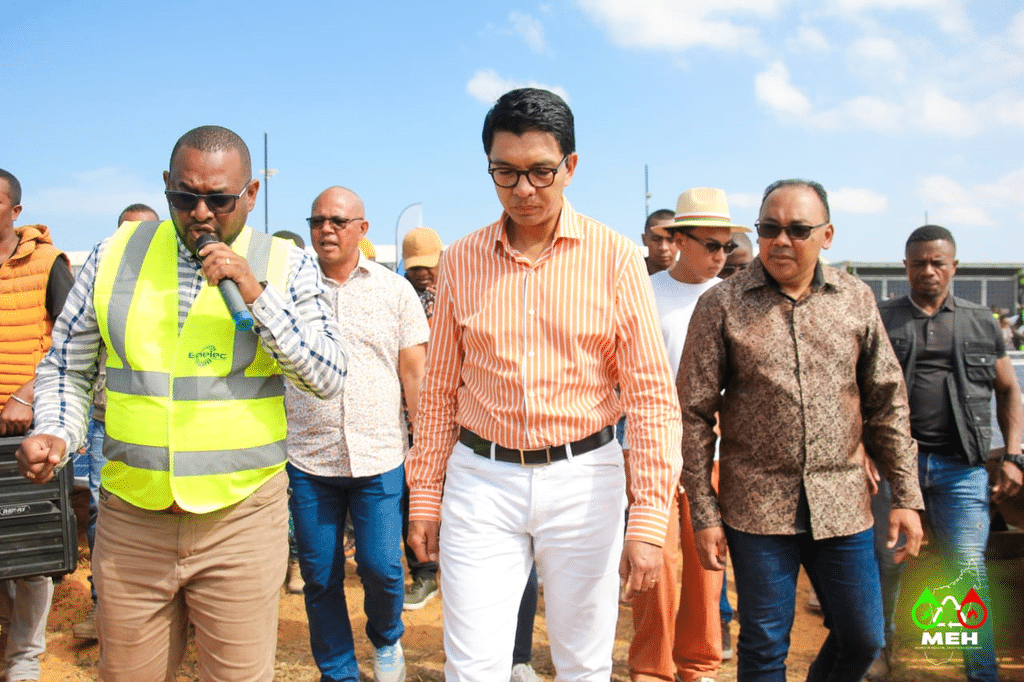For a number of years now, Madagascar has been banking on solar energy in the hope of curbing its population’s energy poverty. This policy is set to accelerate across the island in the coming weeks. The tone was set on Wednesday February 7, 2024 in Tananarive, where a number of important decisions were taken by the Council of Ministers. They concern rural electrification in general, with the use of decentralized photovoltaic solar energy production systems.
The Malagasy government plans to deploy 27 photovoltaic solar power plants to supply households in this Indian Ocean island country, located off the coast of East Africa. According to the spokeswoman for the new government, which took office in Tananarive on January 14, 2024, four of these solar parks are already “100% installed” in Tanandava Morondava, Marovato, Ambohitrandriana Ambanja, and Ampondralava Ambilobe.
At least 200,000 households equipped with solar kits
“Their technical acceptance has been validated. Solar nano-networks will also be installed at 20 sites, and 2 of them are already in the trial phase in Belamoty Betioky and Befandriana Atsimo Morombe”, assures Lalatiana Rakotondrazafy, who is also Madagascar’s Minister of Technical Education and Vocational Training. The Malagasy government spokeswoman also announces the arrival, by the end of March 2024, of equipment for the construction of 47 other solar power plants.
Read also- MADAGASCAR: calls for tenders for 210MW of solar energy in Ihazolava and Mahajanga
For households in rural areas, solar kits will be provided thanks to funding from the World Bank. As part of this initiative, a call for expressions of interest has been launched with a view to selecting companies to equip 200,000 households in 13 regions of the country with solar home systems.
The contribution of PPPs
Alongside these electrification initiatives, the state-owned company Jiro sy rano malagasy (JIRAMA) will continue to improve public lighting by installing 1,500 solar street lamps. More than 300 of these systems have already been installed in several localities across Madagascar. These initiatives aim to accelerate electrification in a country where, according to the World Bank, only 33.7% of the population (28 million inhabitants) has access to electricity.
Solar energy has been widely adopted in Madagascar in recent years, with the construction of the country’s largest power plant (40 MWp) at Ambatolampy in the Vakinankaratra region, thanks to a public-private partnership (PPP). The country also boasts a number of small-scale solar power plants, notably built by Green Energy Solutions (GES), whose assets have just been acquired by Madagascar’s Axian group from French independent power producer (IPP) GreenYellow.
Jean Marie Takouleu
